TIME SAVING RESOURCES FOR BUSY SLPs
Low and no prep speech therapy resources designed to be engaging and effective!
Welcome! So glad you are here!
I create versatile low/no prep and digital resources for your speech therapy room to save you time and make your life easier. Leave your email below to sign up for my newsletter and gain immediate access to a bunch of useful freebies!
MEET THE SPEECH THERAPIST
HI, I’M SUZANNE!
I am a pediatric Speech Language Pathologist with over 10 years of experience. I currently work with preschoolers and toddlers with speech sound disorders and language delays.
I love sharing easy therapy tips and tricks and useful infographics.
I also create versatile low/no prep and digital resources for your therapy room to save you time and make your life easier!
When I’m not SLPing, I like to read all the things, do CrossFit, and hang with my 3 small children.
So glad you are here!
FROM THE BLOG
Check out my blog to read all about speech sound disorders. Topics include the Cycles Approach for phonological processes, Minimal Pairs Therapy, speech sound assessments and more!
SHOP MY RESOURCES
Comprehensive, low and no prep speech therapy resources to treat speech sound disorders and language!
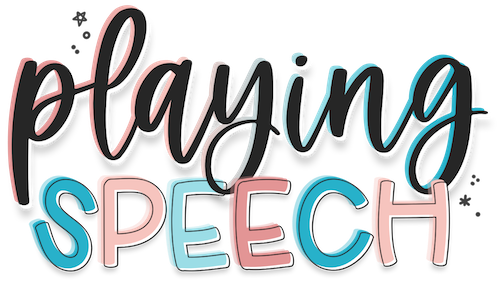
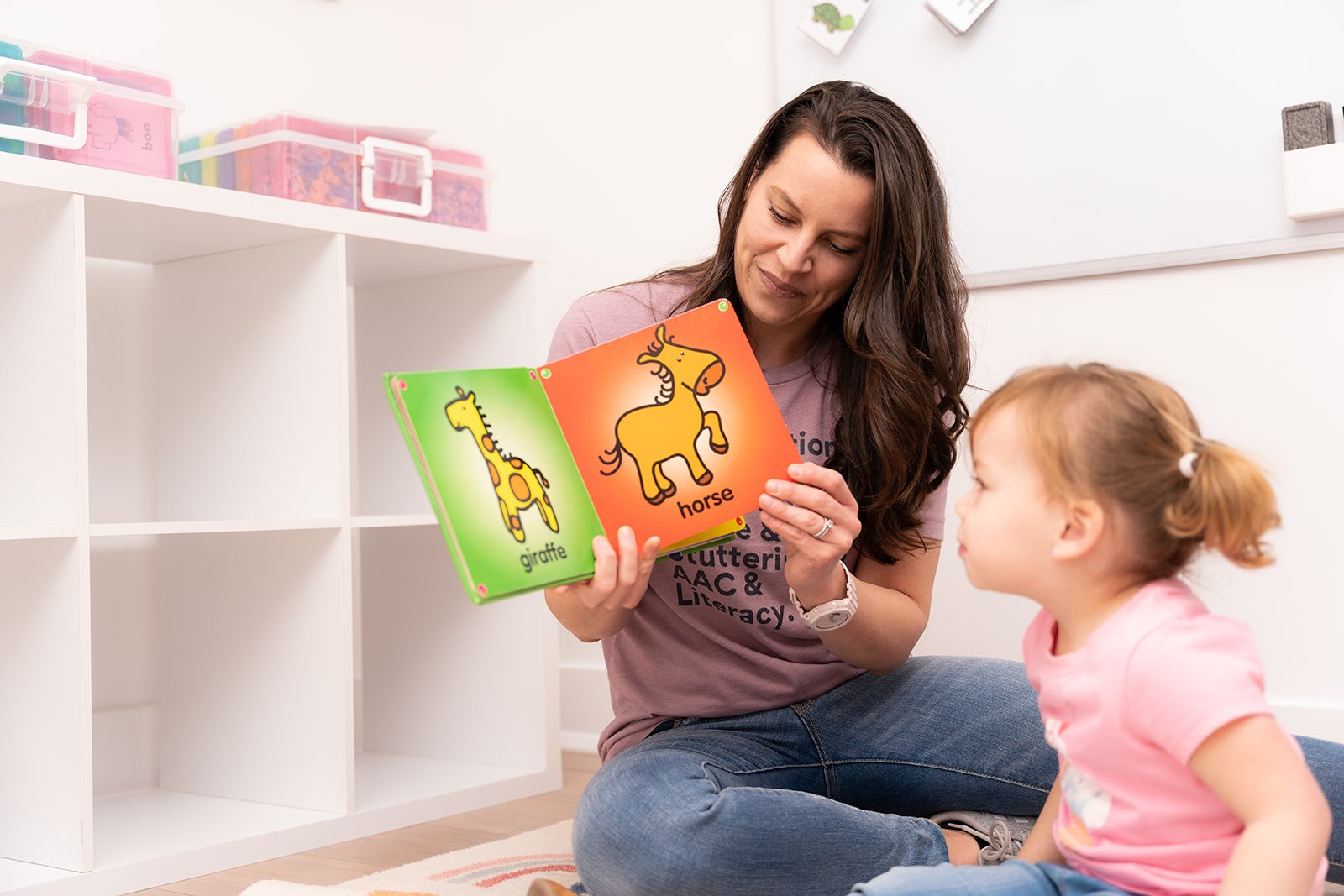
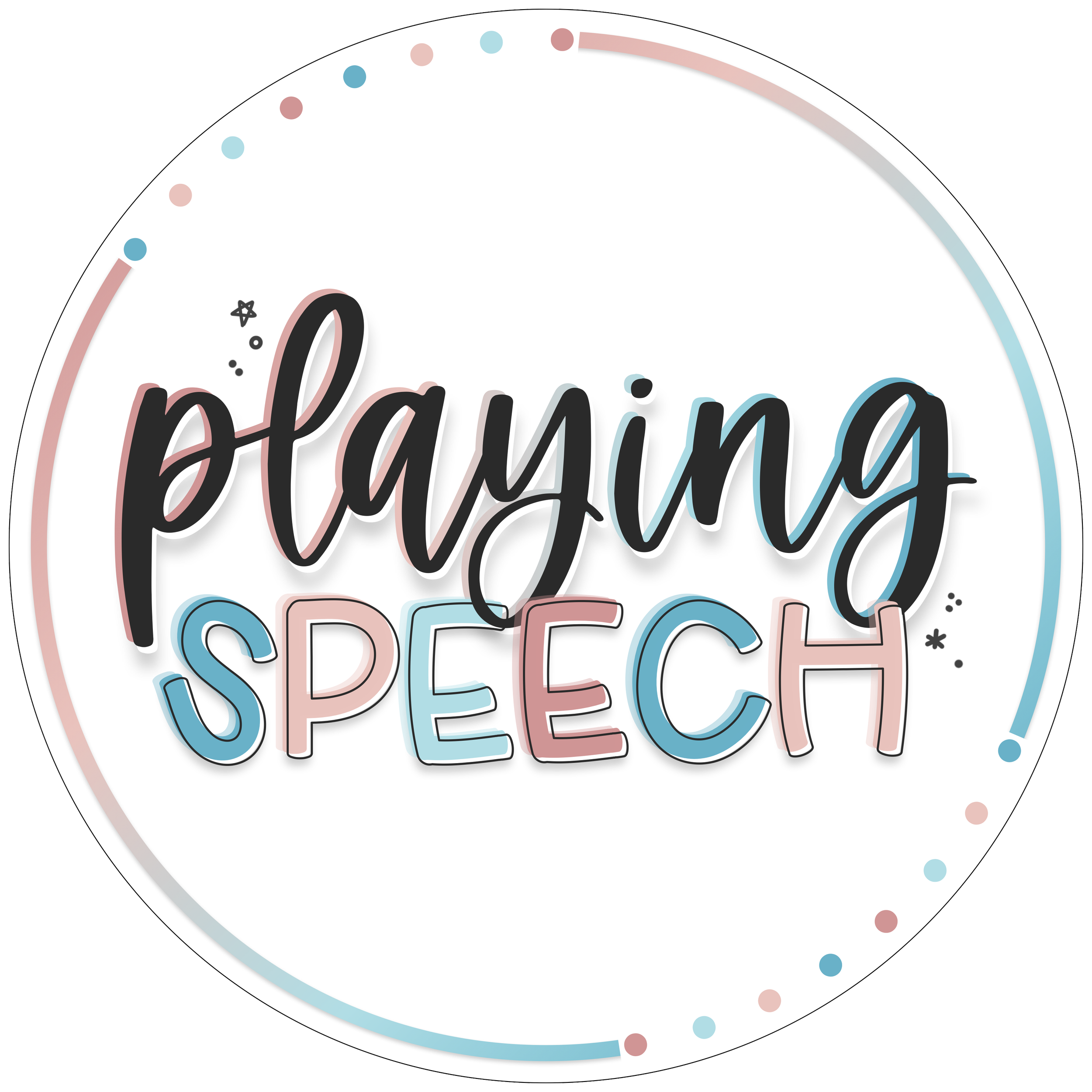
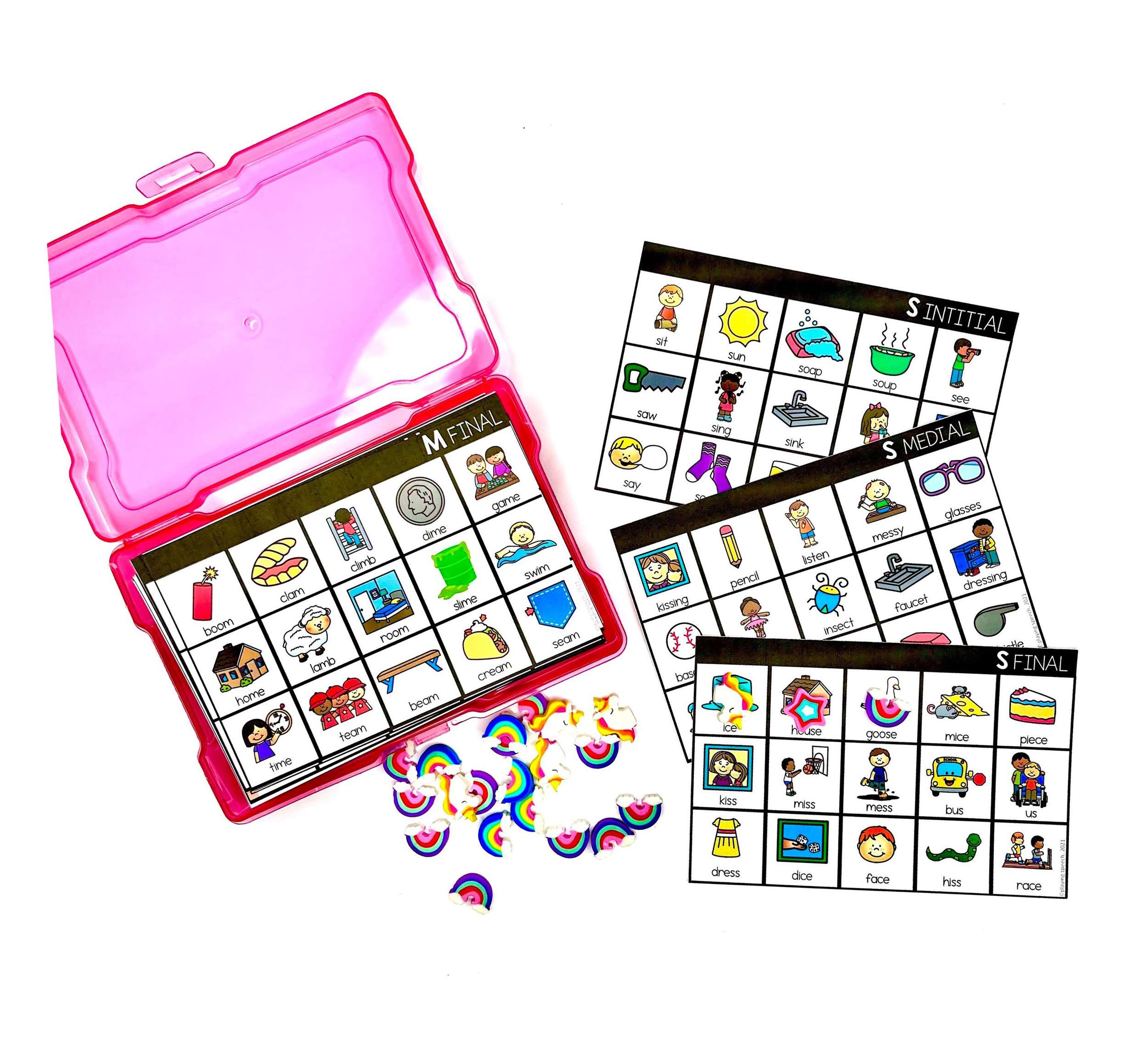
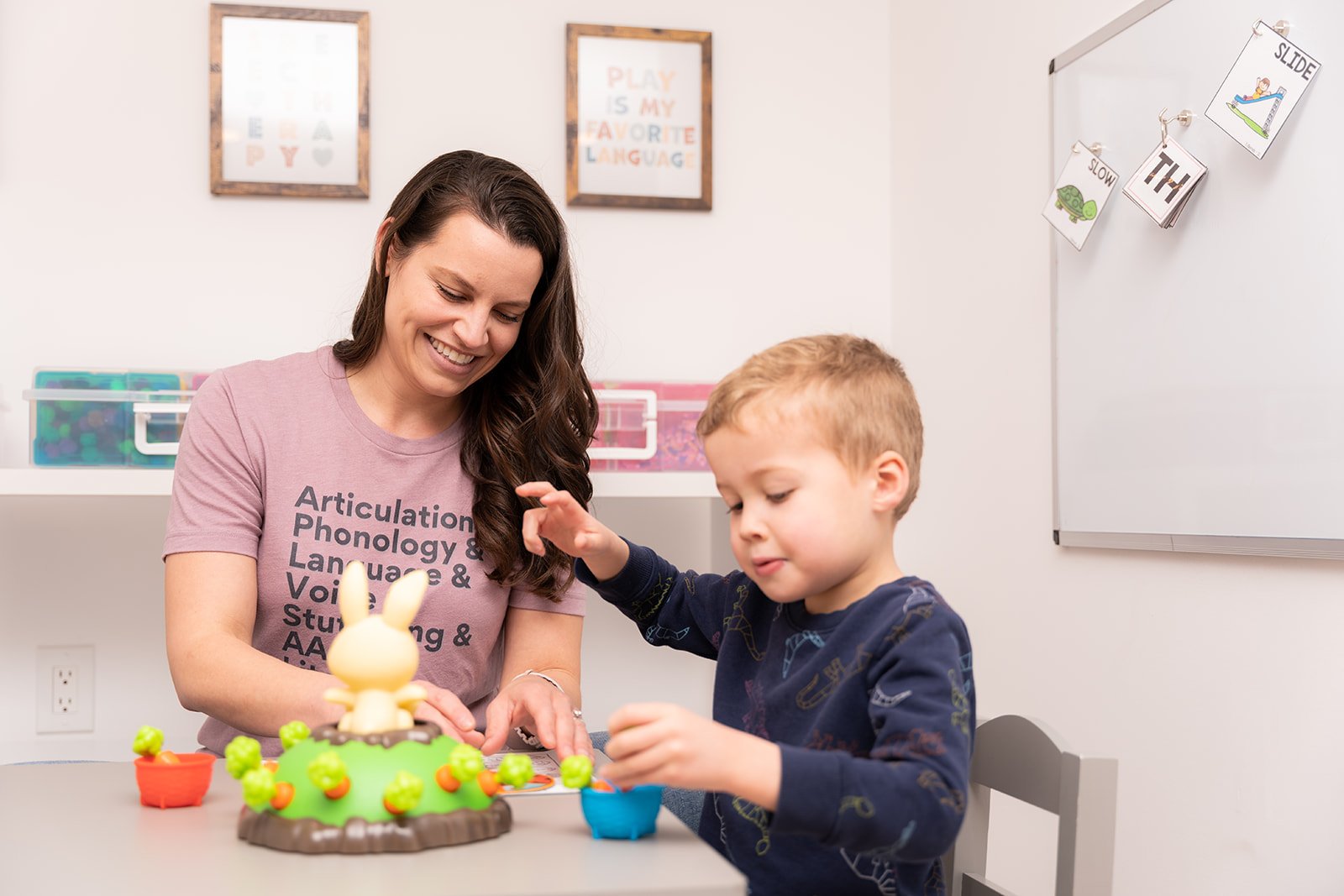
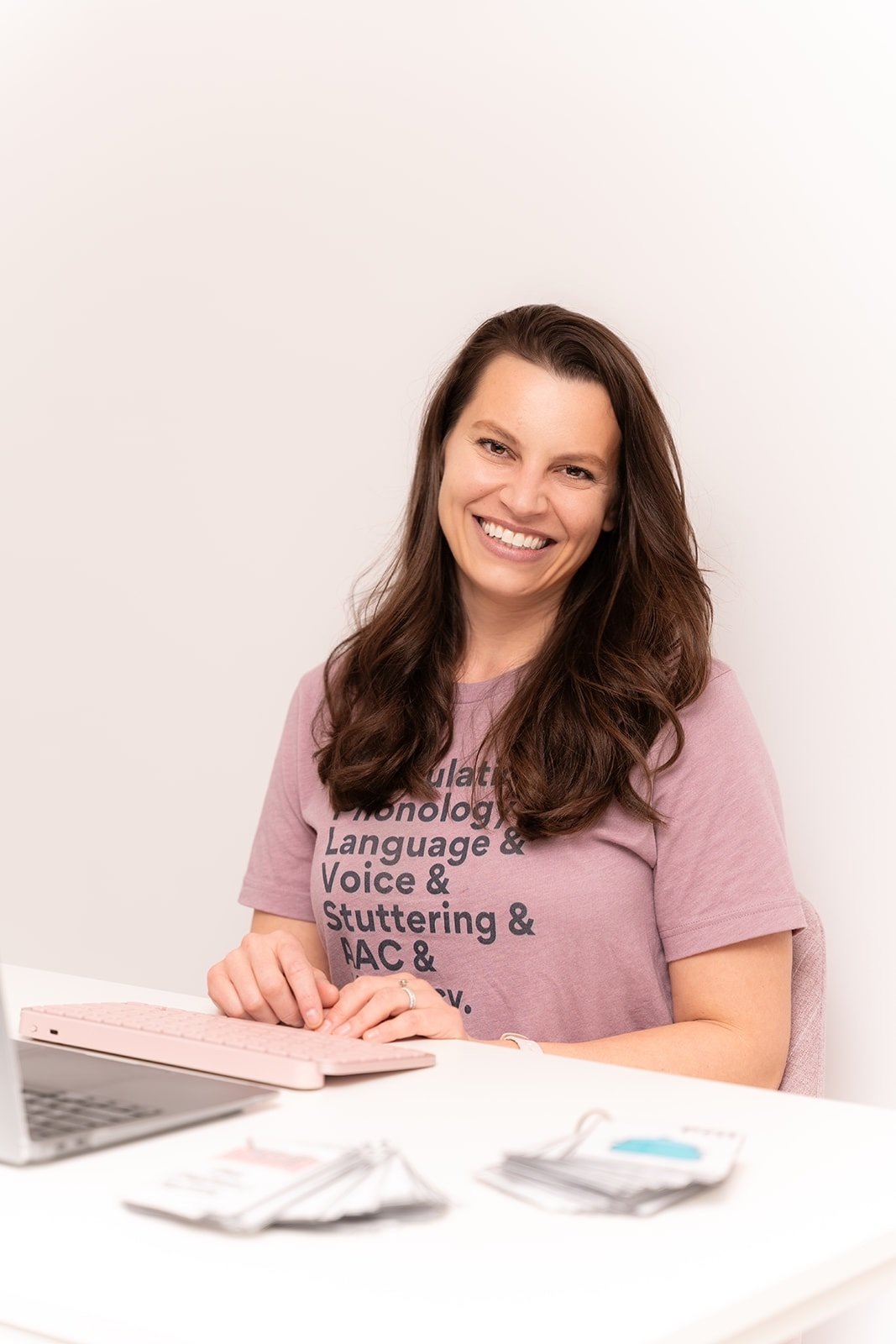



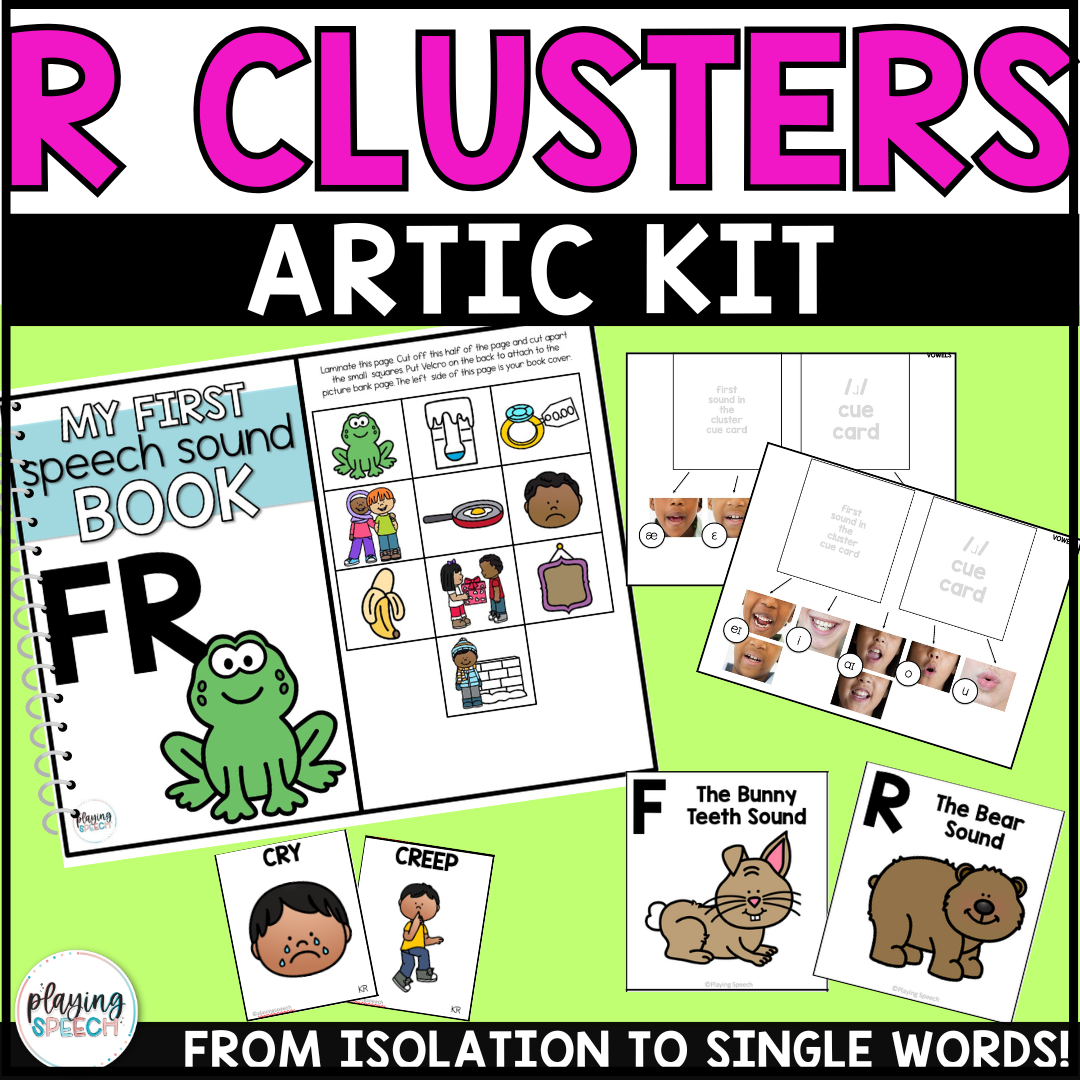
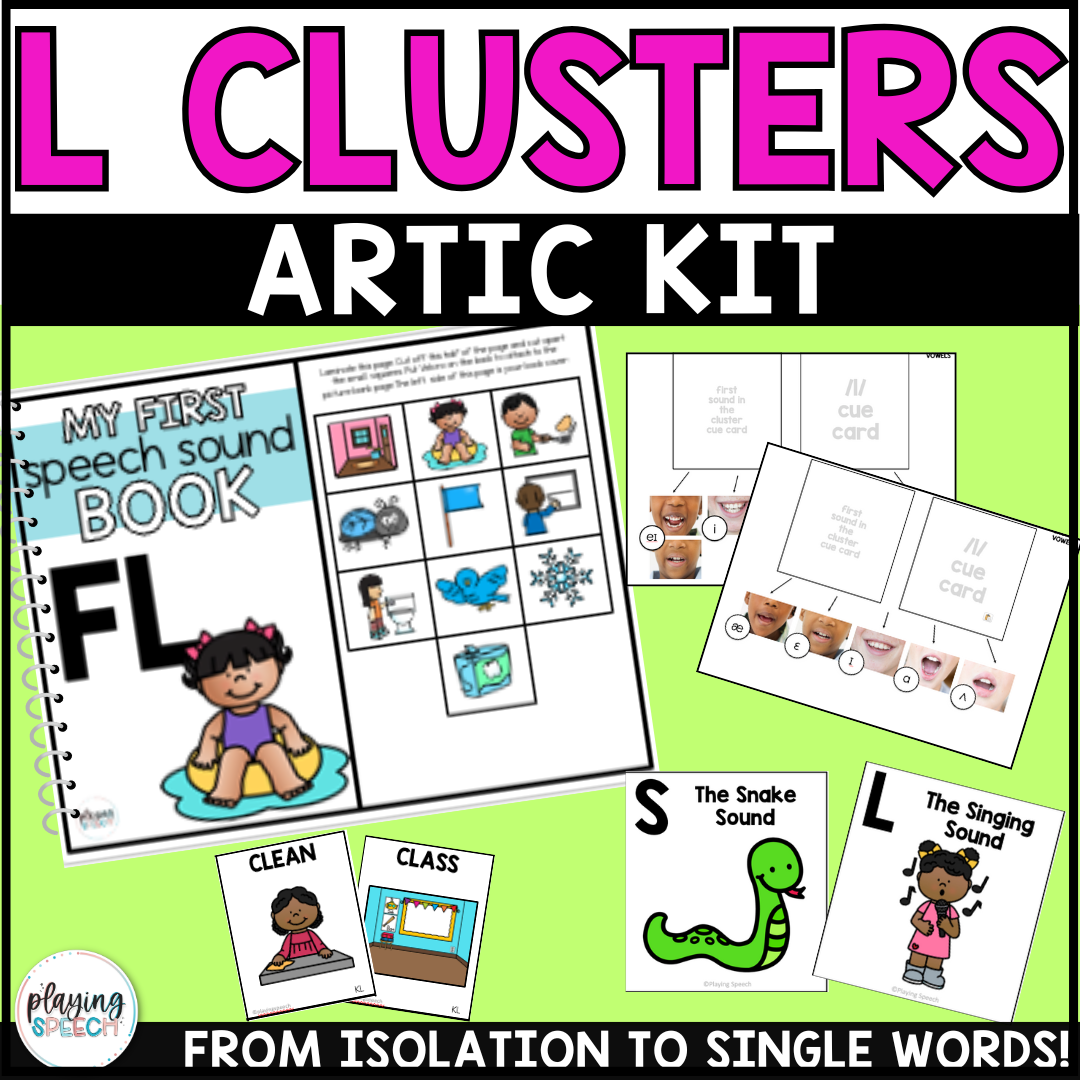
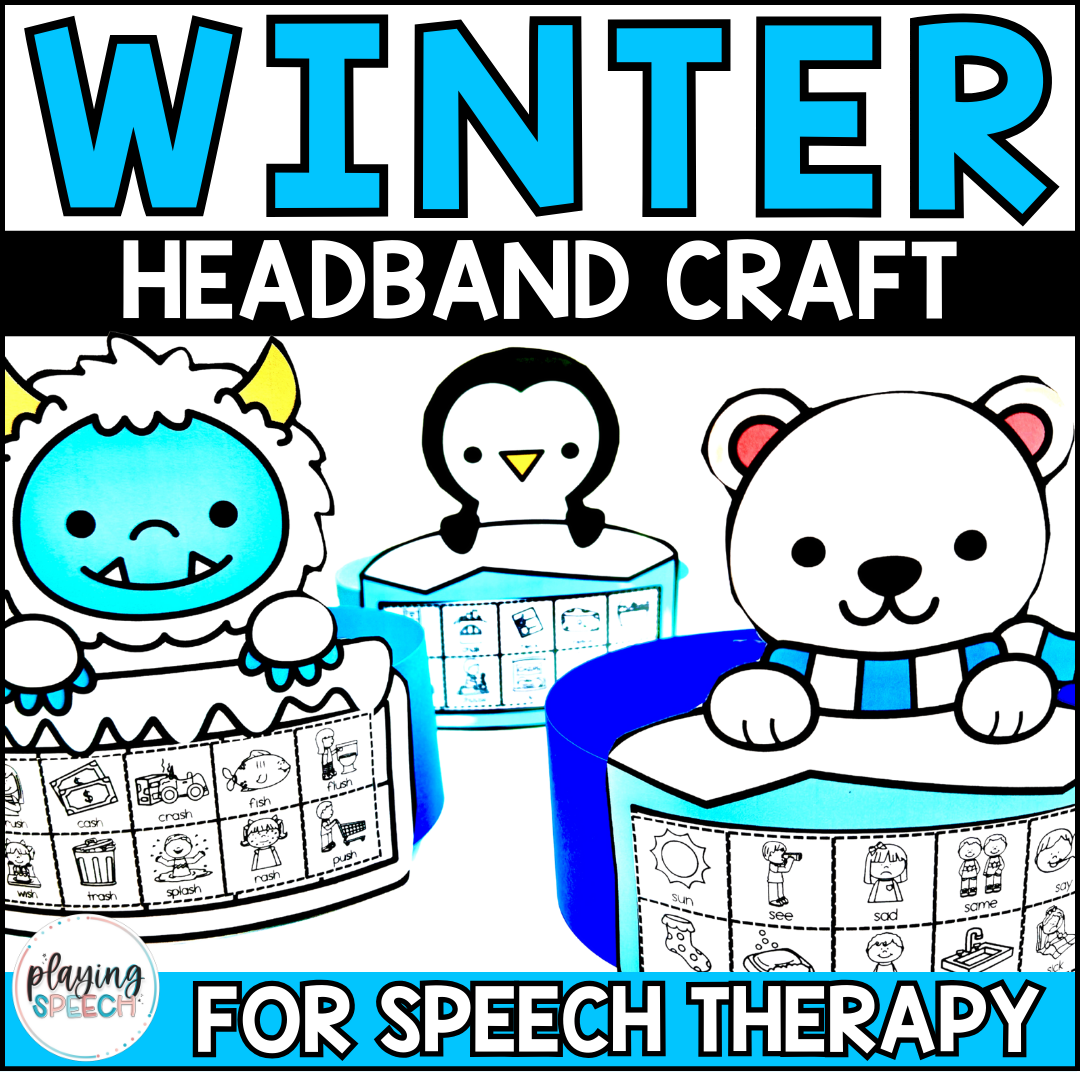






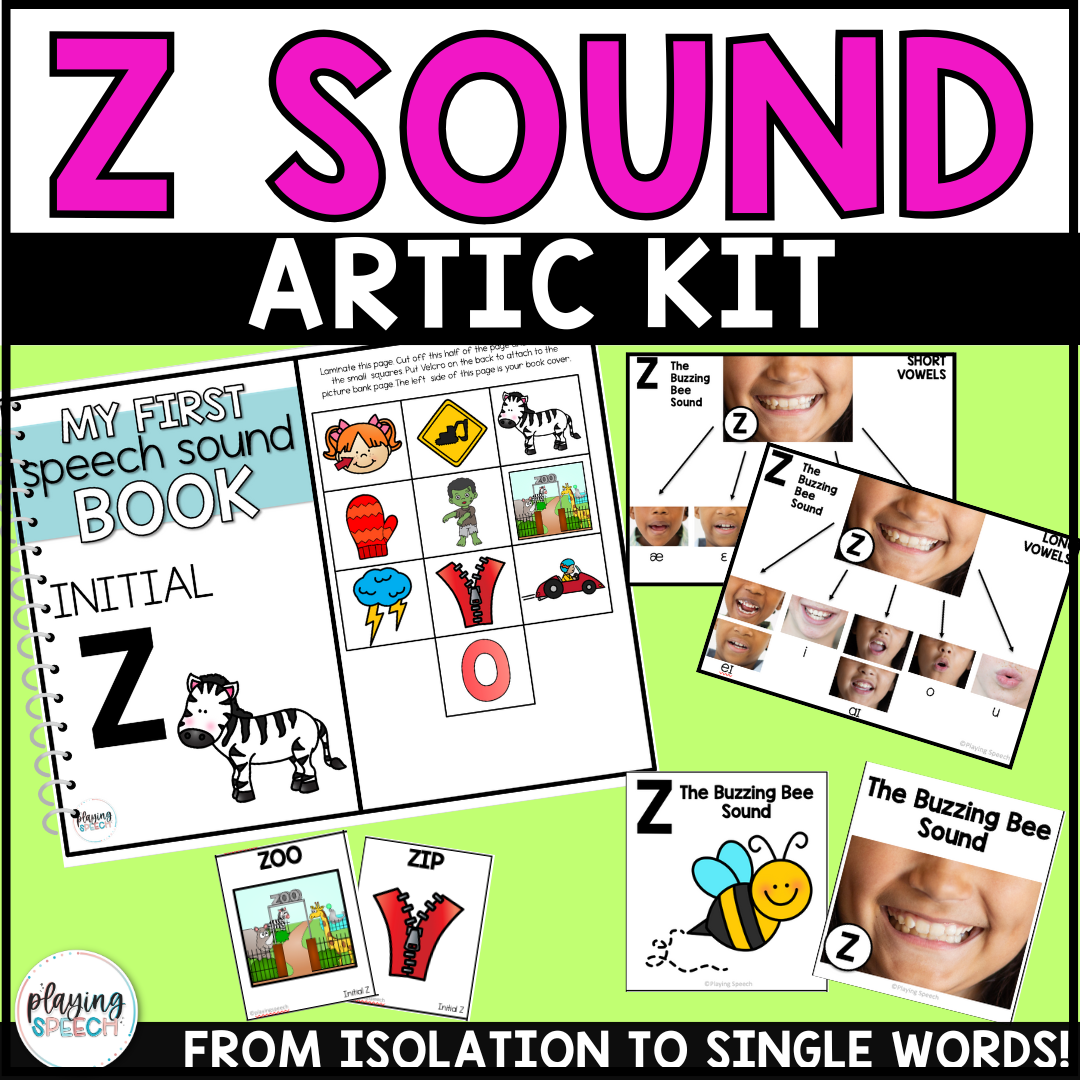









Looking for a fun Thanksgiving activity for speech therapy? These easy, no-prep crafts combine articulation and language practice with creativity! Students will love making turkey, scarecrow, and pumpkin pie headbands—while you’ll love how motivating and versatile they are for your entire caseload.